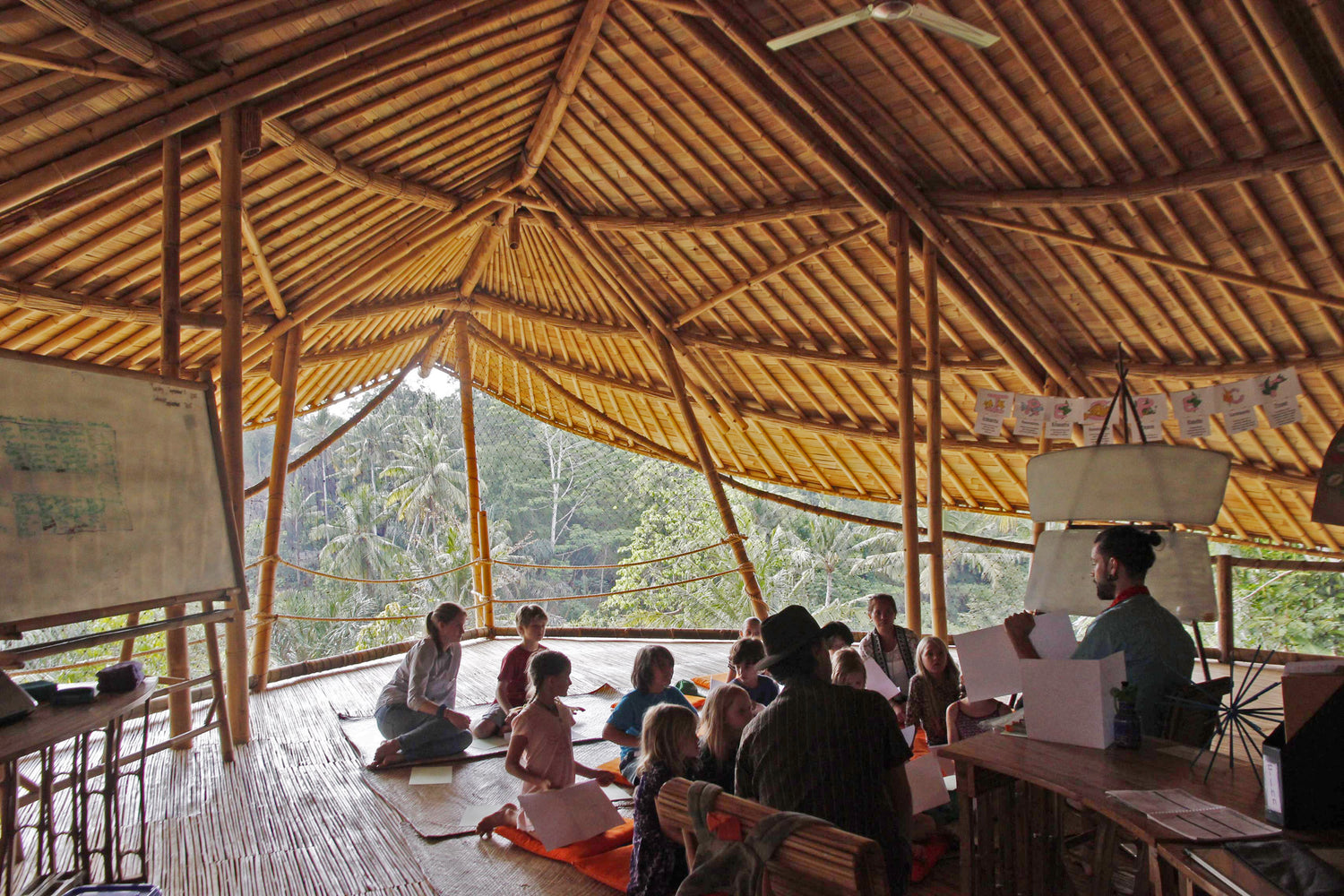Childcare Worker
Childcare Workers are essential in shaping the early developmental experiences of children, providing a nurturing and stimulating environment that supports their growth and learning. This profession requires individuals who are passionate about child development, capable of fostering positive relationships with children, families, and colleagues. As a Childcare Worker, you’ll engage in a variety of activities, from planning educational programs to ensuring a safe and healthy environment. The role is not just about supervision; it’s about inspiring curiosity and confidence in young minds. With the rising awareness of the importance of early childhood education, there’s an increasing demand for skilled professionals in this field.
If you’re ready to make a difference in children’s lives and embark on a rewarding career, take the first step towards becoming a Childcare Worker today!
Explore your career as an:
- Outlook
- Duties
- Blogs
Childcare Workers are essential in nurturing and educating young kids, creating a safe and supportive space for their growth. This profession offers diverse opportunities in settings like daycares, preschools, and community programs. As the focus on early childhood education increases, the demand for qualified Childcare Workers is on the rise, leading to great job prospects. Workers find satisfaction in witnessing the positive impact they have on children's learning and social skills, all while enjoying a collaborative and creative work environment.
Gender Split
Employment by State
Highest Level of education (%)
Age Brackets
What can you expect from working as a childcare worker?
Childcare workers play a vital role in fostering the growth and development of young children within a safe and nurturing setting. Their key duties include:
- Designing Educational Activities: Facilitating engaging activities tailored to children's developmental needs.
- Supervising Daily Routines: Ensuring children's safety and well-being during various activities.
- Meal Preparation: Assisting with feeding and promoting healthy eating habits.
- Observing Development: Documenting children's behaviour and milestones to support growth.
- Parent Communication: Regularly updating parents and caregivers about children's progress and concerns.
- Maintaining Environment: Keeping a clean, organized, and stimulating space that encourages exploration and learning.
*The information on this page is sourced from the Jobs and Skills Australia website, based on their occupational data collected in May 2024. Where job titles may not be exact matches, related job areas have been used. This data is intended as a guide only.
How to become a ChildCare Worker?
To become a Childcare Worker, you typically need a Certificate III in Early Childhood Education and Care, which provides foundational skills for working with children. Many aspiring workers also pursue further qualifications like a Diploma to enhance their career prospects. Online courses are particularly beneficial as they offer flexible learning options, allowing you to study at your own pace while balancing other commitments.
Diploma of Early Childhood Education and Care


-
Flexible payment options
-
Study to fit into your routine
-
Nationally recognised accreditation
-
Start studying as soon as you enrol
-
No exams, ever.
Certificate III in Early Childhood Education and Care


-
Flexible payment options
-
Study to fit into your routine
-
Nationally recognised accreditation
-
Start studying as soon as you enrol
-
No exams, ever.
Advance your career with Accredited Online Courses
Gain industry-recognised qualifications with our flexible online courses in Australia. Study at your own pace and achieve your career goals from the comfort of your home.
































